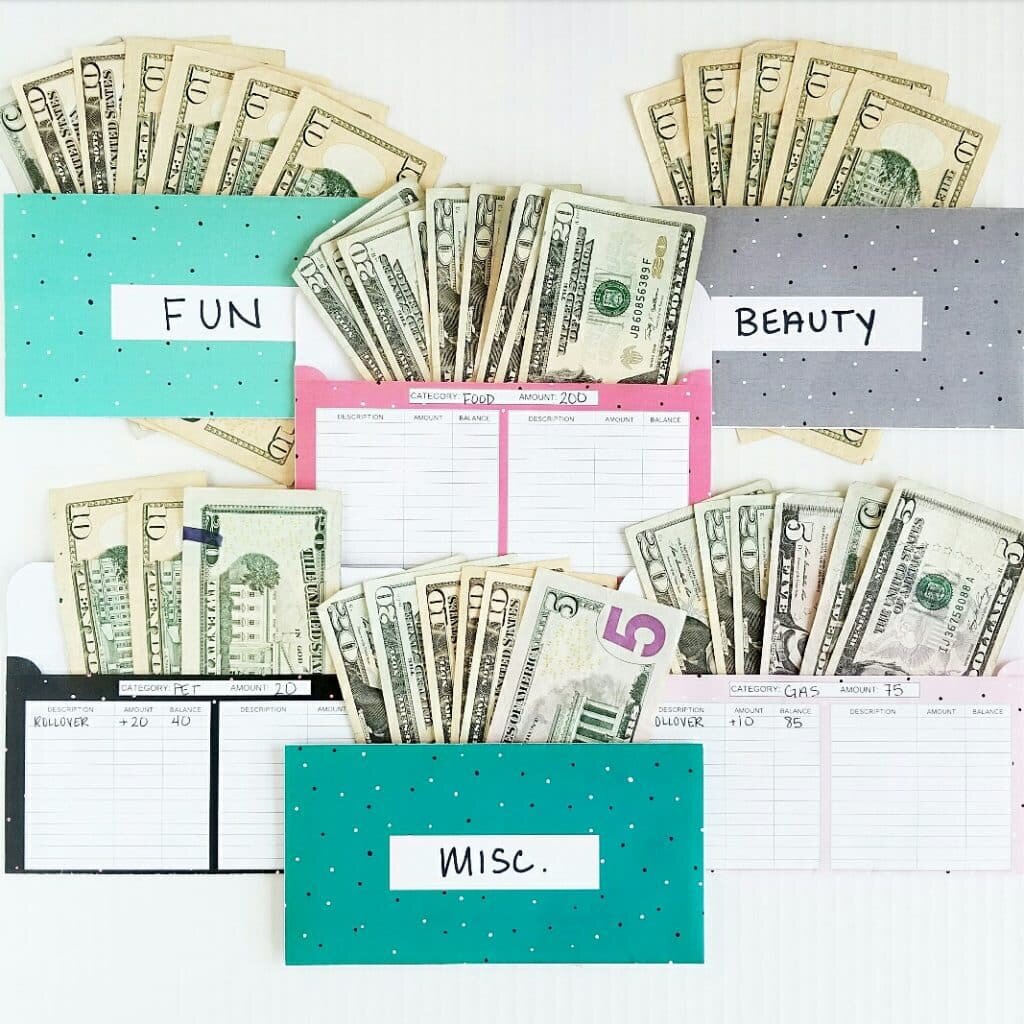Taking Control of MY Pockets!
By: Zenobia Bryant, Ph.D.
April is National Financial Literacy Month and one of the focuses of Black Health Black Wealth, LLC is to assist with creating generational wealth in black and brown communities. Wealth refers to the stock of assets owned at a particular time as well as financial resources that a family has accumulated and passed down to the next generation.[1] One of the results of structural racism is that wealth inequality has been structured over many generations through the same systematic barriers that have hampered Blacks throughout their history in American society. What is often overlooked is that the accumulation of wealth for some is directly tied to the wealth poverty for most Blacks.[1] Practically every circumstance of bias and discrimination against the Black community has created the opportunity for positive gains for the white community. In 2006, Blacks had anywhere from $8 to $19 of wealth for every $100 that whites possess. In other words, Blacks and whites with equal incomes possess very unequal shares of wealth.[1]
The racial inequalities that are present in wealth and finances impact all aspects of life in the black community. The idea that post-secondary education is the best path to more opportunities and better resources is prevalent. While that may be true, it is not an equitable one. In order for post-secondary education to become a reality, many Black students have to take out loans. In fact, Black students are 23% more likely than their white counterparts to borrow, and 12 years after graduating with a bachelor’s degree the average Black graduate owed 114% of their original loan balance. Additionally, long-term default rates for Black students are five times higher than their white peers.[2] It is evident that the current system is ineffectual at addressing the racial divides in wealth.
As someone who has seemingly benefited from higher education, I will be the first to tell you that my experience has been full of its own struggles. I am currently in significant student loan debt as a result of having to finance what scholarships wouldn’t cover. I can vividly remember standing in the bursar’s office watching a mother write a check to cover her son’s entire law school tuition for that semester while I was praying that the $50 I had scraped together would be accepted and I would be allowed to register for classes. I remember classmates discussing their monetary allowances given to them by their parents or the jobs they had waiting on them after graduation simply because of who their parents were or knew, and my friends and I were having to work multiple jobs praying we could afford to make it to graduation. Needless to say, unless there is a major redistribution of America’s wealth, it will be impossible to create a truly just society.
While there is a great deal of work that needs to occur at the structural level, that does not mean we cannot control what happens in our pockets. One skill I wish I had mastered in my 20s was budgeting. Having to pay bills that were in my name shook me and let’s just say I rode the struggle bus longer than necessary! I thought I had a good handle on my spending and control of where my money was going but I was mistaken.
My new go-to method to manage my finances is the envelope method, and it has been a game-changer! The method helps me set aside what is needed for bills and helps me maintain my personal budget. I have even been able to cut spending in some areas. What is different from my standard way of budgeting is that I physically use cash instead of swiping my debit card and then tracking my spending in a spreadsheet after the purchases are made. Since I typically pay my bills online and they are pretty much standard from month to month I decided not to make envelopes for them. I did make envelopes for the categories I typically find myself overspending such as groceries, dining out, personal care, etc. I then set my budget each month and head to the ATM to make a withdrawal. For example, my monthly grocery budget is $200. I get 2 paychecks a month so that equals out to $100 per paycheck. Following each paycheck deposit into my bank account I make my way to the ATM to withdraw a lump sum and place $100 in my grocery envelope. Once I am out of money in that envelope I have met my budget. The stipulation I have placed on myself is that I cannot borrow money from another category’s envelope. The aim is to prevent overspending by limiting what is available to spend. I am a very tactile individual so the envelope method helps me stay in touch with my spending habits and in relationship with my money. If there is money left over I can either add it to next month’s budget or put it in savings. Utilizing this method has helped me manage my money and grow my savings.
ADULTING is HARD, but I am learning to manage! Let’s learn to manage together!
[1] Oliver, M. L., Shapiro, T. M., & Shapiro, T. (2006). Black wealth, white wealth: A new perspective on racial inequality (Vol. 33). Taylor & Francis.
[2] Pulsipher, S. (2020). Forgive Us Our Debts: The Racial Inequity At The Root Of The Student Loan Crisis. Forbes.


